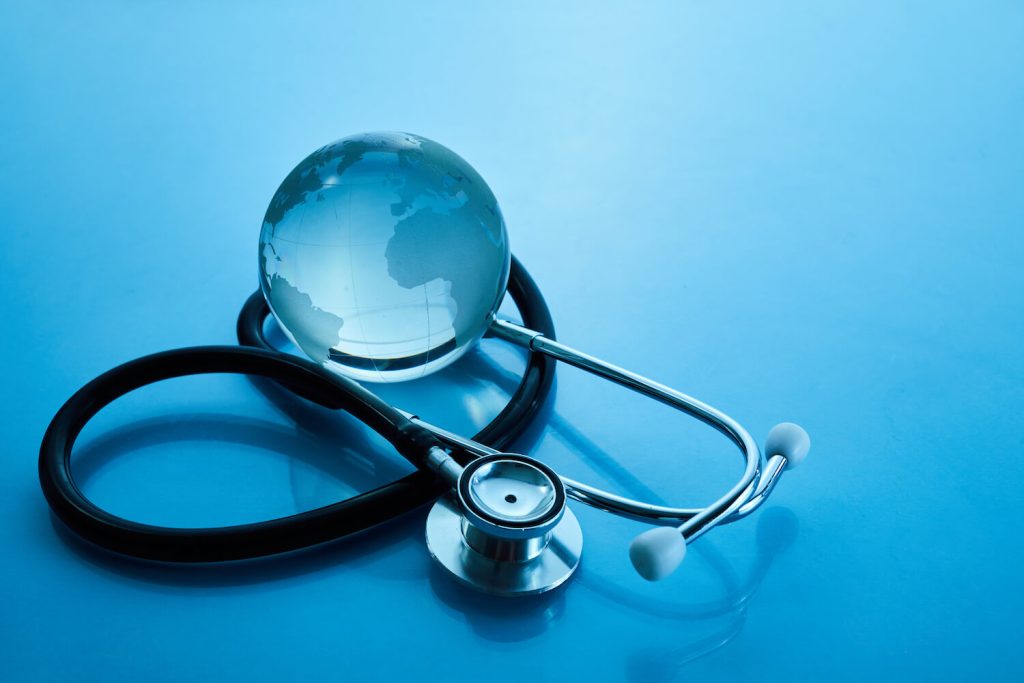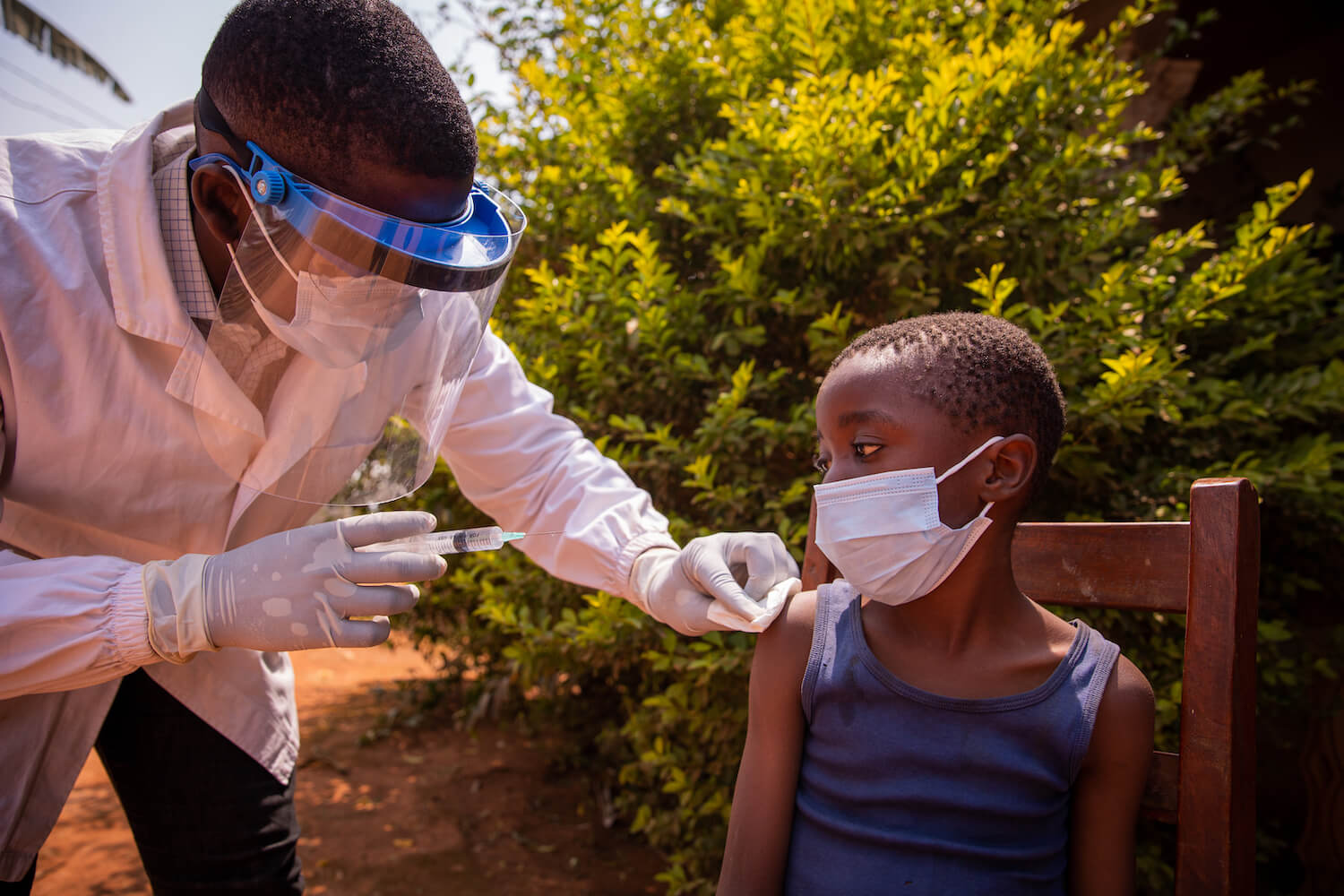Global Healthcare Disparities: The Challenge of Affordability and Access to Effective Diagnosis
- Home
- Global Healthcare Disparities: The Challenge of Affordability and Access to Effective Diagnosis
Global Healthcare
by Dr. Bart Rademaker

It is a fundamental human right to have access to affordable and effective medical care. However, unfortunately, a considerable part of the world’s population still struggles to obtain healthcare services and accurate diagnoses for their health issues. In this article, we delve into the complex issue of healthcare disparities globally, highlighting the roadblocks that hinder many individuals from accessing the medical care they require.
Embark on a journey of compassion and impact with Dr. Bart Rademaker, a global healthcare advocate whose dedication transcends borders. Nominated for the Nobel Peace Prize in 2001 for outstanding humanitarian work in El Salvador, this advocate has left an indelible mark on the world. In 2005, two impactful trips to Sri Lanka saw the provision of medical aid to a nation grappling with the aftermath of war and a devastating tsunami. A mission to Peru in 2007 involved scouting for future medical relief efforts, showcasing a commitment to sustainable, long-term impact.
Want to Learn More About Local Healthcare?
The Affordability Crisis
Access to basic healthcare services remains a significant challenge for many people worldwide. In low- and middle-income countries, financial constraints often prevent individuals from accessing necessary medical treatment, leading to the worsening of preventable diseases and conditions. Even in high-income countries, the escalating costs of healthcare combined with inadequate insurance coverage leave a significant portion of the population with unmet healthcare needs.
Limited Access to Primary Care
Access to primary care services is still a challenge in many regions, especially in rural areas where healthcare facilities are scarce. This leads to delayed or neglected medical attention, resulting in deteriorating health conditions and higher healthcare costs over time. Therefore, timely access to primary care is crucial to prevent such adverse outcomes.
Inadequate Infrastructure and Resources

The lack of infrastructure and resources further complicates the problem of inadequate healthcare. Numerous communities suffer from insufficient medical facilities, diagnostic equipment, and healthcare professionals. This scarcity hinders the capacity to provide prompt and precise diagnoses, thereby preventing patients from receiving timely and appropriate medical treatment.
The Diagnostic Dilemma
Beyond affordability, a significant global issue lies in the challenge of obtaining effective and accurate diagnoses. Various factors contribute to this diagnostic dilemma, further underscoring the urgency of addressing healthcare disparities.
Lack of Specialized Healthcare Services
In some regions, the absence of specialized healthcare services makes it difficult for individuals with complex health issues to receive accurate diagnoses. Conditions requiring specialized expertise or advanced diagnostic tools may go undetected, leading to prolonged suffering and diminished quality of life.
Health Information Inequity
Access to accurate health information is a crucial component of effective healthcare. However, disparities in health literacy and information access contribute to challenges in obtaining proper diagnoses. Addressing these disparities involves promoting health education and ensuring equitable access to reliable health information.
Global Efforts and Solutions

Collaboration between governments, non-governmental organizations, and the international community is an essential component in addressing global healthcare disparities.
Strengthening Primary Healthcare Systems
Investing in primary healthcare systems can significantly improve access to basic medical services by expanding primary care facilities, training healthcare professionals, and implementing community health programs that address local needs.
Affordable and Accessible Diagnostic Technologies
Efforts to develop affordable diagnostic technologies can improve healthcare access and efficiency. Innovations in telemedicine, mobile health, and point-of-care diagnostics can bridge gaps in specialized healthcare services.
Global Health Education Initiatives
Promoting global health education empowers individuals to make informed decisions, raise awareness about preventive measures, and prioritize regular health check-ups.
Frequently Asked Questions
What Are the Major Challenges in Achieving Universal Healthcare Worldwide?
Achieving universal healthcare poses obstacles such as financial constraints, disparities in infrastructure, and varying political will. Developing countries need help to allocate resources, while developed nations may resist systemic changes.
What Role Do Socio-Economic Factors Play in Global Healthcare Disparities?
Socio-economic factors contribute significantly to global healthcare disparities. Limited education access, poverty, and wealth inequality impact outcomes. Addressing disparities requires comprehensive strategies beyond healthcare systems.
What Challenges Arise in the Distribution and Accessibility of Medical Resources on a Global Scale?
There are several challenges associated with the distribution and accessibility of medical resources. These include logistical issues, inadequate infrastructure, and geopolitical tensions. Developing countries may need help transporting and storing medical supplies, while political conflicts can make it difficult to distribute resources fairly in times of crisis. In order to address these challenges, it is essential to foster international cooperation and come up with innovative solutions.
Global Impact in Healthcare by Dr. Bart Rademaker

The world faces a significant challenge of unaffordable healthcare, preventing people from accessing effective diagnoses. It is imperative that the international community take urgent action to address these disparities and work towards achieving the goal of universal healthcare. The objective is to ensure that every individual, regardless of their socio-economic status or geographical location, has equal access to healthcare facilities that can aid them in leading a healthy and fulfilling life.
Dr. Bart Rademaker’s reach extends beyond borders, with contributions to medical relief and water solutions in Ecuador, Vanuatu, and New Zealand, as well as organizing a fundraiser for Hurricane Katrina. Every journey is not just about delivering aid; it’s about capturing the essence of each country’s beautiful people, sharing their stories, and inspiring others to pay it forward.
Want to Know More About Global Healthcare?
- Dr. Bart Rademaker
- 813-884-0160
- [email protected]
- 334 East Lake Road Palm Harbor, Florida 34685
Plastic Surgery
Healing Synergies
Learning Synergies
Blogs & Articles
🌟 Calling all forward-thinking doctors: Unlock the Future of Healthcare Excellence! 🌟 LINK TO THE WEBINAR Are you ready to
The DNA Company and Genetic Risk Scores In an age marked by scientific advancements and technological marvels, the human genome
Recently, there has been a growing emphasis on sustainability across the globe, focusing on cleaner water and healthier food produced
Over the last six weeks, ChatGPT, an open-access AI model for “large language learning,” has dramatically entered American culture. The
Make the Most out of Your Medical Practice
Have questions?
Get in touch with Dr. Rademaker.



